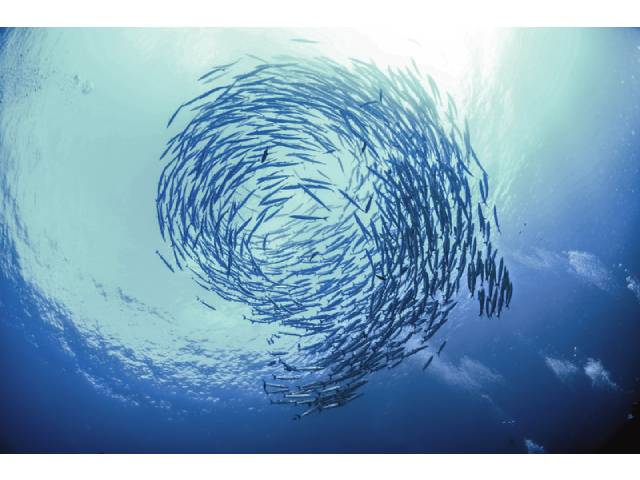In Global Maritime Issues Monitor 2020, from Global Maritime Forum, broker Marsh and the International Union of Marine Insurance (IUMI), it was noted that environmental issues — climate change, decarbonization of shipping, and new environmental regulation — remained high on the agenda for survey respondents. Those concerns increased, albeit slightly, in rankings for impact, likelihood, and preparedness.
Several respondents in the open answer section observed that the industry could not afford to lose track of the long-term threats posed by climate change, including ongoing changes in regulations as most governments aligned their policies to the Paris Agreement.
Decarbonization was a critical aspect for climate action generally, and for the maritime industry specifically. It took second-place ranking in the GMF survey in terms of impact, putting it just ahead of pandemics.
The open-ended survey responses showed that the industry felt diverging pressures on these issues. Industry leaders seemed concerned that a global economic crisis would either reduce the industry’s capability or at the least make it more difficult to make the investments needed to decarbonize. At the same time, they feel that the pandemic would add to the pressure to make their business more sustainable and resilient.
Stephen Fewster, Managing Director and Global Head of Shipping, at ING, said that “the industry doesn’t yet know which technology will be adopted to meet the IMO targets. For example, liquid natural gas (LNG) is viewed as a transition fuel, and not the end answer — which could be hydrogen, ammonia, or battery cells. Therefore, ship owners are holding back on investment decisions until there is clarity. All industry players — ship owners, charterers, financiers, and shipyards — have an important role to play in greening the industry.”
However, 57% of survey respondents said that Covid-19 would make no change on the decarbonization of shipping. External commentators pointed to the fact that the pandemic represented opportunities for catalyzing the decarbonization of shipping. Faustine Delasalle, Director, Energy Transition Commission, said that “in order to meet the targets that are being considered by the IMO as part of their greenhouse gas (GHG) strategy, decisive steps need to be taken in the coming decade. Fortunately, weathering the current recession and moving towards decarbonization do not need to be mutually exclusive.” Delasalle said that, as governments planned stimulus packages to restart their respective economies, policymaking could act as the catalyst for many carriers to begin decarbonizing their fleet, while helping to ease the pressures brought about by the pandemic.
Others saw promise in the fact that decarbonization efforts and ambitions remained high.
Randy Chen, Vice Chairman of Wan Hai Lines, said that “despite the immense challenges that have been posed by the global pandemic, I have been encouraged that the collaborative discussions have continued to move the dialogue surrounding decarbonization in a positive manner. There is a common understanding that society’s expectations require tangible and actionable change, which has preserved the momentum that was catalysed last year by the Getting to Zero Coalition and the Poseidon Principles. In fact, having the common challenge of dealing with the new realities of a Covid-19 plagued world has only added to the urgency in finding solutions.”
Increasing societal demands for sustainability also meant that the industry would face increasing scrutiny of its environmental performance. Odin Kwon, Executive Vice President and Chief Technical Officer, Daewoo Shipbuilding & Marine Engineering, said that “if maritime transportation cannot offer low carbon emissions, producers will seriously search for other ways of transportation or reshoring of factories.”
Yet the maritime industry had the opportunity to play a leading role simply through its place as a key market. Gonzalo Muñoz Abogabir, High Level Champion for Climate Action for COP25, said that “many countries are looking to invest in hydrogen production to decarbonize their industries, and shipping could provide a steady and reliable demand”. He also noted that hydrogen fuel production could create new economic opportunities for some developing countries, while the decarbonization of ships and ship technology will bring investment in innovation and new production, and thus new, green jobs.
This article is kindly supplied by Insurance Marine News.
Source: IUMI









































